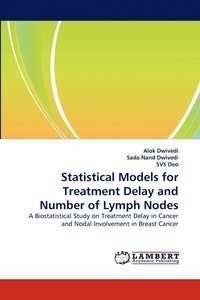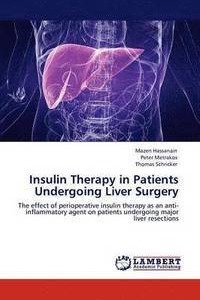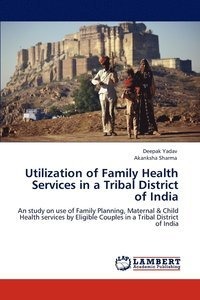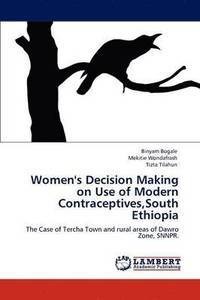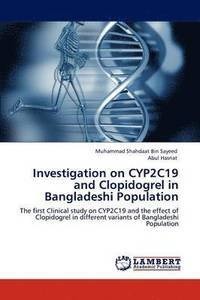
Liknande böcker
Investigation on CYP2C19 and Clopidogrel in Bangladeshi Population : The first Clinical study on CYP2C19 and the effect of Clopidogrel in different variants of Bangladeshi Population
Bok av Muhammad Shahdaat Bin Sayeed
The aim of this study was to investigate the allelic distribution of CYP219 genes in Bangladeshi population by using PCR-RFLP method and then the effect of Clopidogrel on Prothrombin Time in different variants of CYP2C19. For genotyping of CYP2C19 alleles blood samples were collected from fifty healthy adult Bangladeshi volunteers. DNA was extracted and PCR-RFLP analysis was employed to genotype CYP2C19*2 and CYP2C19*3. PCR products were digested by Sma I and Bam HI respectively. In case of CYP2C19*2, there were 82% wild variants, 12% heterozygote and 6% mutant variants and in case of CYP2C19*3 there were 98% wild or normal homozygote and 2% heterozygote but there were no mutant variant in our study. Clopidogrel is used to inhibit blood clots in coronary artery disease, peripheral vascular disease, and cerebrovascular diseases. Prothombin Time (PT) and International Normalized Ratio (INR) were measured four hours after Clopidogrel 75 mg ingestion. We found increased PT and INR in Homozygote and Heterozygote variants but the statistically significant (P> 0.05) variation was found only in case of Homozygote variants. In case of mutant, we did not find any variation in PT and INR.
Visa pris inkl. frakt Inkl. frakt
Investigation on Cyp2c19 and Clopidogrel in Bangladeshi Population
857 kr
Finns i lager
